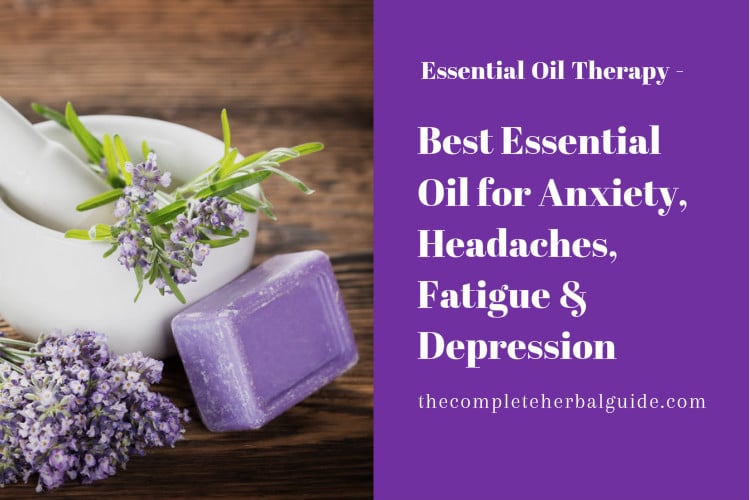
10 Drug-Free Therapies for Depression
To help you recognize depression that warrants concern, whether in yourself or a loved one, here are six depression symptoms — some of which you might even find surprising — that you shouldn’t ignore:
Table of Contents
Trouble sleeping
Despite being slower in demeanor and motivation, depressed people often lie awake at night, unable to sleep, says Sarah Altman, Ph.D., a clinical psychologist in the department of psychiatry and behavioral health at Ohio State University’s Wexner Medical Center in Columbus. On the other hand, some depressed people may find it difficult to get out of bed and may sleep for long periods during the day.
Loss of interest in favorite activities
Some people turn to hobbies they enjoy when they feel blue, but people with major depression tend to avoid them. “So if a person who loved spending time with her grandchildren suddenly doesn’t want to see them, or a guy who loves to fish suddenly hangs up his rods, it’s a red flag,” says psychiatrist Tina Walch, MD, medical director of the North Shore-LIJ South Oaks Hospital in Amityville, New York.
Increased energy
Ironically, when depressed people have made a decision to do something drastic, such as killing themselves, they may go from lackadaisical and slowed to more energetic. That’s because they feel a sense of relief in having come to a resolution, Dr. Walch says, “so if you notice a drastic switch like this, you should be very concerned.”
Change in appetite
Some people overeat when they’re depressed or anxious, but in people with severe depression, the opposite is usually true. “A depressed person may stop eating because he or she is no longer concerned with physical well-being,” says John Whyte, MD, a board-certified internist in Washington, D.C., and author of Is This Normal: The Essential Guide to Middle Age and Beyond. “Disregard for personal hygiene is also causing for concern,” Dr. Whyte adds.
Touchiness
“In some people, depression manifests as more irritability and impatience than feeling down,” Dr. Dunlop says.
An emerging dark side
“A person who is severely depressed may become preoccupied with death and other morose topics,” Walch says. For example, he or she may talk about what things will be like “after I am gone…” and may also become more likely to take uncalculated risks.
The Next Step: Getting Help
If you notice any of these serious depression symptoms in yourself or someone you love, reach out, and get help. “In most people, depression, even major depression, is a very treatable disorder,” Walch says. “There is a wide range of medications and therapies that have been proven to work.” Specifically, here’s what you should do:
Assess the severity
If you or a loved one is considering harming himself or herself or is having other dark thoughts, immediate treatment is critical. “Go to the nearest emergency room or contact your local or a private mental health provider,” Walch says. Or contact the National Suicide Prevention Lifeline at 800-273-8255 (TALK).
Create a safe environment
“If the person expresses suicidal thoughts, remove any potentially lethal items from the home, such as guns,” Dunlop says.
See a mental health professional
“It doesn’t have to be a psychiatrist — it can also be a psychologist or therapist,” Whyte says.
Be kind
“Blaming or chastising depressed people for feeling low or unmotivated is not helpful and typically serves to reinforce negative feelings they already have,” Dunlop says. “Instead, open the discussion in a non-judgmental way and encourage the person to seek help.”
Ignore the stigma
“The recent story of the [suicidal] German pilot has not been helpful in terms of the stigma surrounding depression,” Walch says. “Depressed people who are suicidal are not murderers. Suicidal thinking can be a depression symptom, but homicidal thinking is not.”
Look to resources
“There are many organizations that have online resources about depression,” Dr. Altman says. They include the National Institutes of Mental Health, the National Alliance on Mental Health, and the American Psychological Association.






